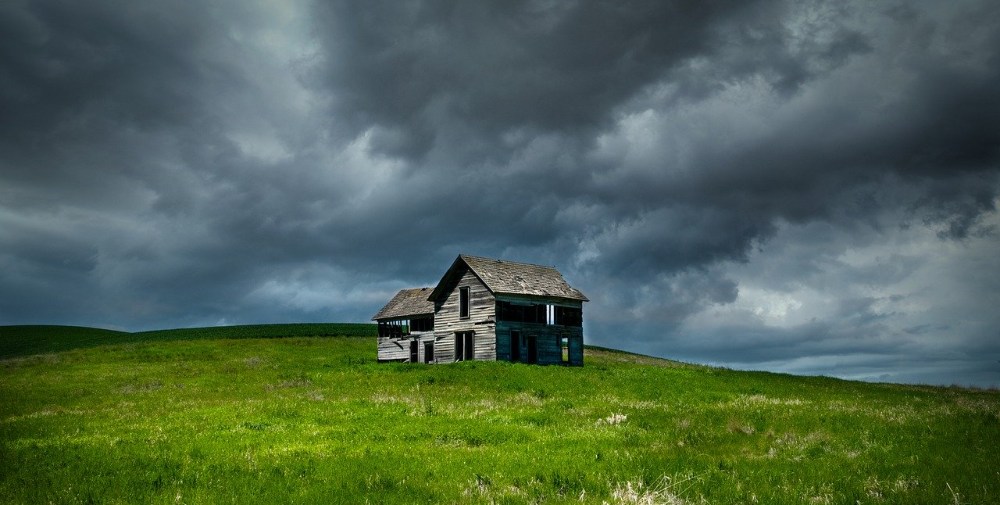

Great Man myths are being reexamined across the South and now one of the West’s own is getting a closer, critical look. Unsettled Ground tells the story of Marcus Whitman who came west in 1835 to scout locations for a Presbyterian mission, and returned a year later with his wife Narcissa.
In this book by Cassandra Tate [to be released November 17], the author tells the well-known story of the tragic fate of Marcus and Narcissa Whitman and seven others – five men and two teenage boys – who were killed in 1847 by a small band of native people. Tate then steps back from the gruesome killing to dissect with deep research the story, the people and the place where cultures collided with deadly results.
The result is a highly readable, myth-busting, fact-based story of what happened, and more important, why it happened. Tate, a former journalist who worked for newspapers in the Northwest before earning a PhD in history at the University of Washington in 1995, has written a convincing tale of misery and ultimate failure of the mission. Not one native was converted to Christianity, and the mission became a supply stop for emigrants on the Oregon Trail with dreams of settling in Oregon Country. The would-be settlers were oblivious to the fact they were overtaking vast lands that had provided sustenance to native people for centuries.
Tate details one wagon train: “One hundred twenty wagons, at least eight hundred and possibly as many as one thousand emigrants, and from three thousand to five thousand horses, mules, oxen and cattle.” It was September 1843. “The watching Cayuse must have been stunned,” she writes. Borrowing an analogy from another historian, she compares the wagon train to the equivalent of more than seventy-five thousand western Indians marching through Boston on their way to settle in Cape Cod.
Unsettled Ground falls squarely within the historical currents of the day. Tate describes in detail the Whitman statue in the National Statuary Hall, one of two statues representing Washington State. “The statue embodies Whitman’s place in the mythology of the West, not the realities of his life,” she writes. “It is a fanciful depiction.”
Equally as important as the factual history of Whitman, is the nuanced understanding Tate brings to the Cayuse, the native tribe upon whose land the mission was placed. It was Cayuse tribal members who attacked and killed Marcus and Narcissa Whitman and the others at the mission.
To say there were cultural differences vastly understates the reality. Christian missionaries and indigenous people of the West had nothing in common. The Cayuse were openly social, giving gifts and moving freely among each other’s lodges. The Whitmans built fences, locked their doors, and had no gifts to give. The missionaries, had a rigid belief system; the Cayuse, Tate writes, “were religious synthesizers willing to graft new ideas onto old beliefs.” Distrust grew when measles caused numerous deaths among the Cayuse, mostly children, but relatively few among white settlers. Cayuse suspected Whitman, who was a doctor, of poisoning the Indians.
Tate weaves all of this into the historical backdrop of earlier explorers of the West and the competitive forces that emerged – Great Britain versus United States, French Canadian Catholics versus American Protestants. Tate describes Oregon Country as “a landscape of competition.”
She draws the story on this broad canvas but remains firmly affixed to the Whitman story. In doing so she has used history to create a new and approachable tale of a story many of us thought we knew but discover here all that we did not know. It’s a tale for all who love the West, its history, and its truths.
Discover more from Post Alley
Subscribe to get the latest posts sent to your email.

Mindy,
Look forward to Cassandra’s book and extensive research, thanks to your intriguing review. Good to have you joining us and writing for Postalley.